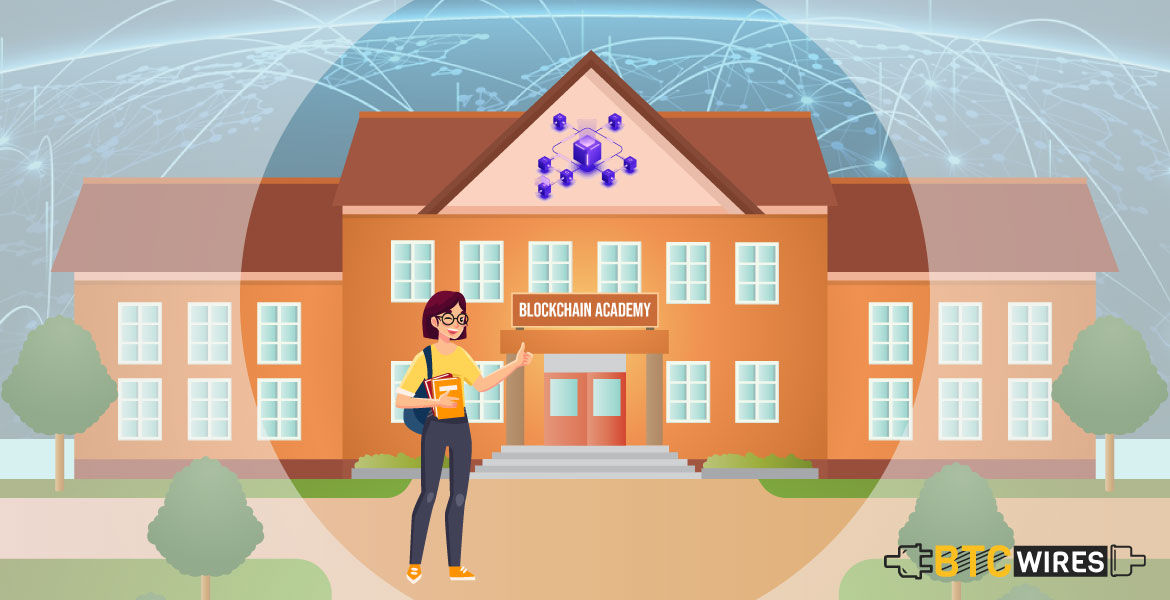Our interview of Ms. Rosine Kadamani, at the Global Blockchain Congress-

Our interview of Ms. Rosine Kadamani, at the Global Blockchain Congress- Consensus, Kolkata, West Bengal, which was wrapped up, today, shone a light on her Blockchain Academy, back in Brazil. It is the first educational project which focuses on the training and development of a conducive ecosystem of entrepreneurs, who work with business models and initiatives based on blockchain technology. It was founded by Ms. Kadamani, in October of 2016, and has built up themselves with the help of developers, lawyers, economists, and business people. The Blockchain academy’s sole commitment is the delivery of truly dynamic training platforms for blockchain.
Their roots are founded in classroom delivery but now, over the course of time, they have amassed experience in delivering training both live and on a digital medium. Their programs are organized as per a progressive learning path that allows the growth of knowledge over time. All of their courses can be delivered as a company-specific training, tailor-made to fit specific organizational needs. On-site and online training is cost-effective, flexible and can be conducted at the location that best suits the organization that requires the training.
Kadamani who had been a lawyer for 13 years at Pinheiro Neto Advogados, specialized in Banking Law. She graduated Law from PUC-SP and has an LLM in Financial Market and Capital from INSPER-SP. She also holds an MBA in Banking and Financial Institutions from FGV-SP. She has over the years become a pioneer in the field of bitcoin and blockchain, promoting its large-scale use and awareness from 2014.
Some of the very recognized institutions who benefit from the courses at the Blockchain Industry are the Central Bank of Brazil, the Securities and Exchange Commission, foreign authorities such as the Financial Intelligence Unit of Mauritius, as well as large banks and other companies such as Banco Bradesco, Santander, Banco Votorantim, Caixa Econômica Federal, Bancolombia, Mc Kinsey, TIVIT, Provider, Produban, and students from universities such as FGV, Insper, USP and Mackenzie as well as members of most of the companies of the local crypto ecosystem.
She also elaborated on the condition of adoption of blockchain and cryptocurrency in the LATAM countries, and noted that though there was a long way to go, most countries were warming up to the idea of this new technology, and while countries like Argentina, Brasil, Chile, Paraguay etc were leading the way, many others were also looking into legalizing and regularizing the use of the same.
